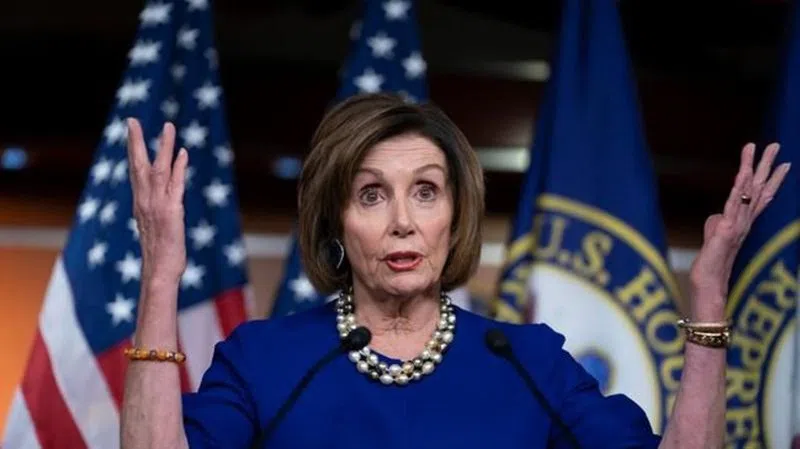
Trump’s acquittal confronts Dems with election year choices
WASHINGTON — Donald Trump’s impeachment ended with a reminder of why House Speaker Nancy Pelosi resisted the idea for so long — an acquittal everyone saw coming, followed by a bombastic presidential victory lap and a bump in his poll numbers just as the 2020 campaign officially began.
Now Democrats have to decide how to navigate the legislative and political landscape that they’ve helped reshape.
Pelosi’s nationally televised ripping of her copy of Trump’s State of the Union address Tuesday night underscored the acrid atmosphere that will make partisan co-operation on any issue difficult. Major legislative compromises were always going to be hard this election year, but the impeachment fight only deepened partisan bitterness and made progress less likely.
“Because we have to,” No. 2 House Democratic leader Steny Hoyer of Maryland said when asked how Congress and Trump could co-operate on health care and other issues. He added, “I’d be foolish to be optimistic because we have not done that so far.”
